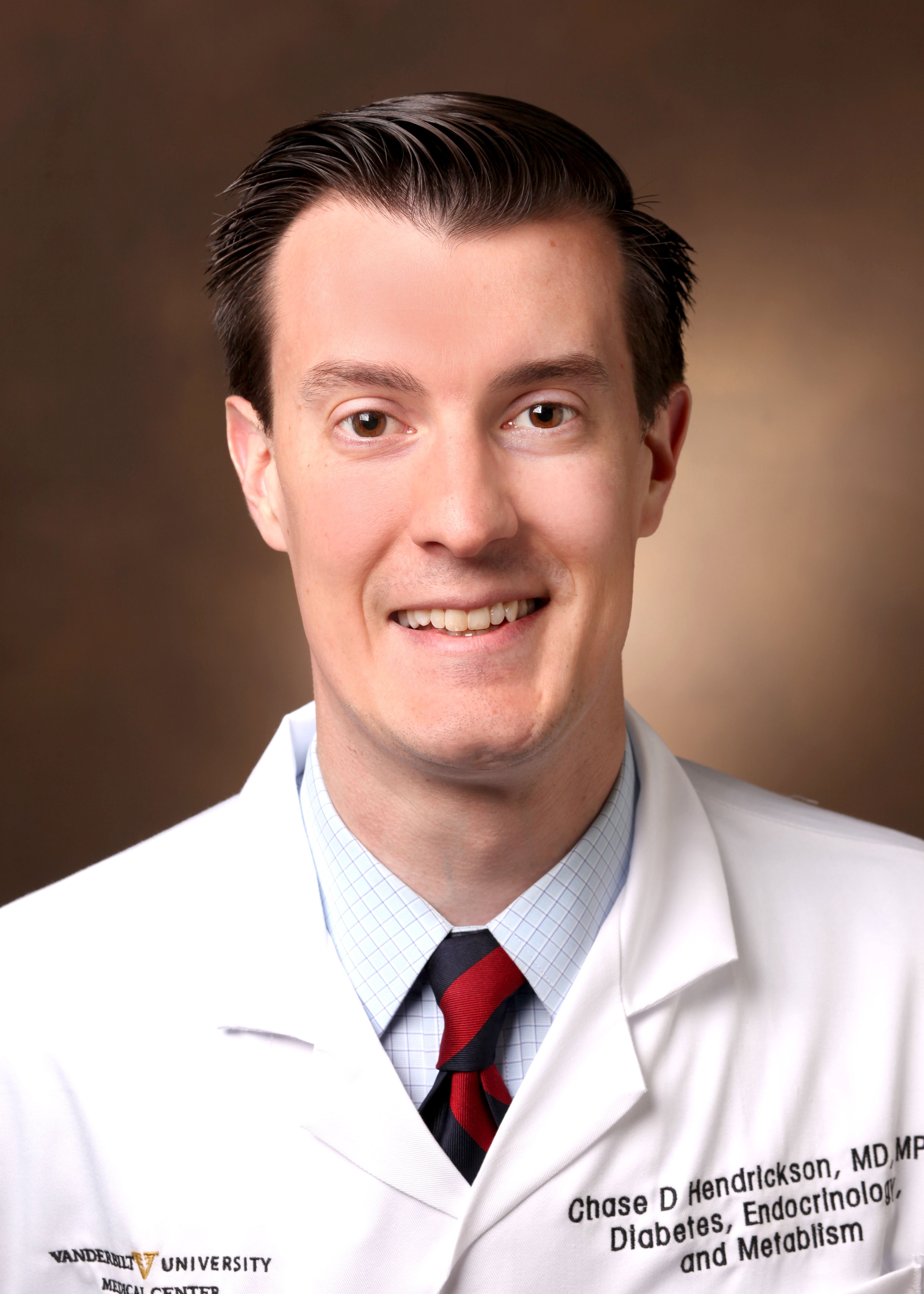EFL060
Join host Chase Hendrickson, MD, from Vanderbilt University Medical Center, in a discussion about a recent study in The Journal of Clinical Endocrinology & Metabolism that reports on the benefits of older weight-loss medications in a population of women with polycystic ovary syndrome. Much of the attention today in obesity medicine focuses on GLP-1 receptor agonists. However, these medications are not treatment options for many of our patients, so we thought this paper asked important questions that we would want to know the answers to. Dr. Hendrickson talks with Na Shen, MD, from the University of California, Los Angeles, and guest expert Stanley G. Korenman, MD, also from UCLA. The article featured this month, by Bandeira Marchesan et al, was first published in JCEM in September 2024: “Topiramate Added to Metformin for Obesity Control in Women With Polycystic Ovary Syndrome.”
Meet the Speakers

With a career lasting more than 60 years and with more than 40 years alone at the University of California, Los Angeles (UCLA), to this day Stanley G. Korenman, MD, consults as a clinician with a special interest and knowledge of reproductive endocrinology from the internal medicine viewpoint, including the treatment of transgender men and women. He serves as the associate dean of ethics at UCLA and teaches fellows as well as medical residents and students and continues to perform clinically directed research. Dr. Korenman received his medical degree from Columbia University College of Physicians and Surgeons in 1958 and served as a resident at Bellevue and Memorial Hospitals in New York until 1961. He worked in the endocrinology branch of the National Cancer Institute from 1961 to 1963 and joined UCLA in 1966 as an assistant professor-in-residence. Beginning in 1970, he worked for a few years at the University of Iowa before returning to UCLA in 1974. Dr. Korenman joined the Endocrine Society in 1963 and has served many other professional associations and societies. Since the 1970s, for the Endocrine Society, he has served on committees including public affairs, postgraduate, ethics, and the Society Council. He has served on more than 20 university committees, mostly for UCLA, and on the editorial boards of various journals, including The Journal of Clinical Endocrinology & Metabolism. In 2000, he won the Endocrine Society’s Educator of the Year Award, and since the 1980s, he has had more than 132 lectures and presentations. He has published more than 130 research papers, including in JCEM, Journal of the Endocrine Society, and Endocrine Reviews. Dr. Korenman’s areas of interest include male symptomatic reduced hormone secretions, infertility, gynecomastia, and erectile dysfunction, and female PCOS, abnormal or absent menstrual cycles, menopause, perimenopause, hirsutism, and alopecia.
Na Shen, MD, is an associate clinical professor at UCLA and is board-certified in internal medicine, endocrinology, and obesity medicine. She founded a medically supervised weight management program called Program for Reducing Obesity (PRO) in 2019 at the UCLA Thousand Oaks office. Under her leadership, PRO has expanded to include twelve American Board of Obesity Medicine-certified physicians across seven regional sites within the UCLA Health system. Dr. Shen’s research interests include quality improvement in expanding obesity care access.
Everything said on the podcast represents individuals’ opinions only and not those of the participants’ institutions or of the Endocrine Society.
Resources
Meet the Host
 Chase Hendrickson, MD, MPH, practices general endocrinology at the Vanderbilt University Medical Center, where he is an associate program director for the endocrinology fellowship program. His interests include endocrine education, teaching inferential methods, and quality improvement.
Chase Hendrickson, MD, MPH, practices general endocrinology at the Vanderbilt University Medical Center, where he is an associate program director for the endocrinology fellowship program. His interests include endocrine education, teaching inferential methods, and quality improvement.
Subscribe
Stay up to date by copying this link into your podcast player or: